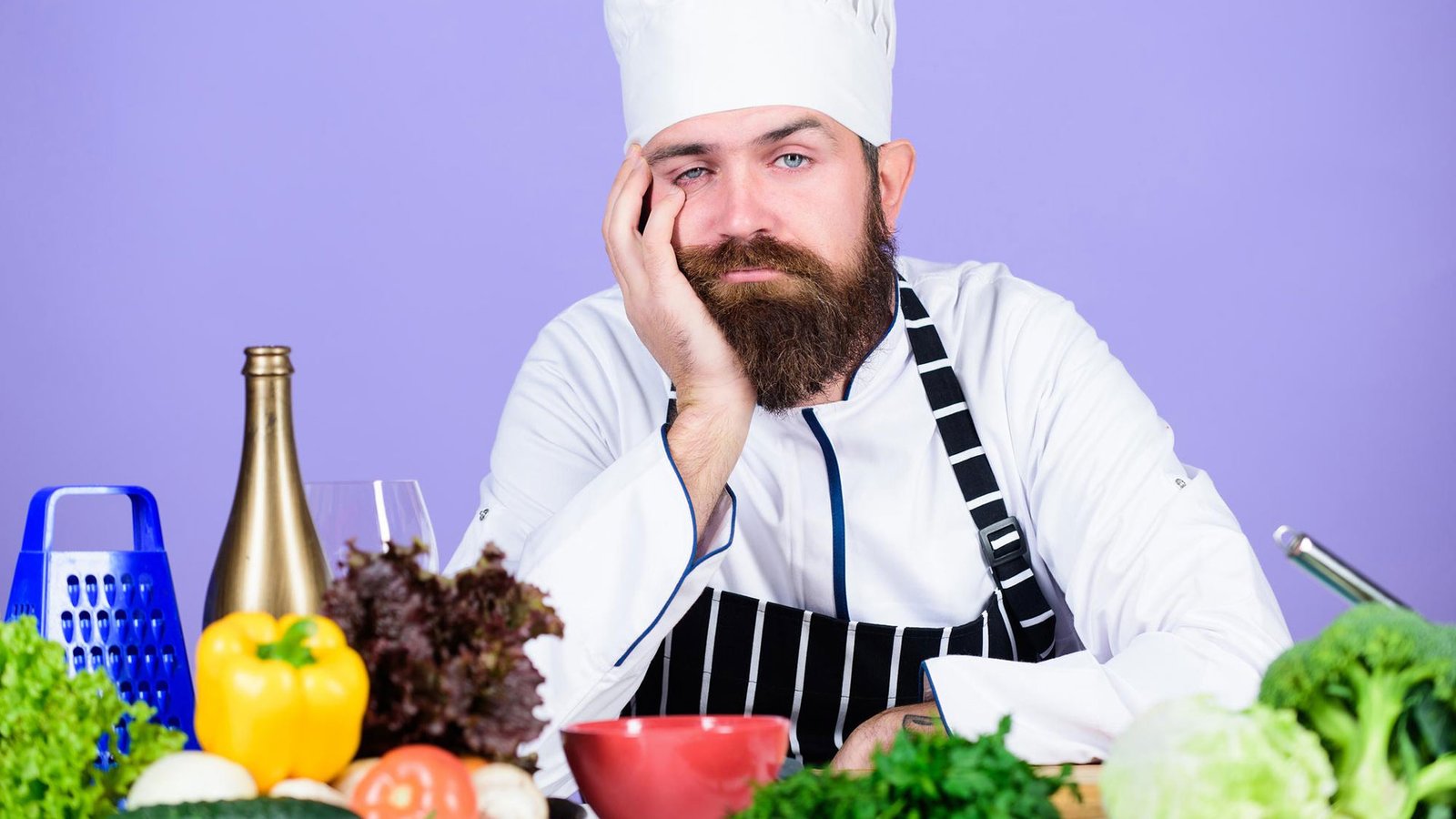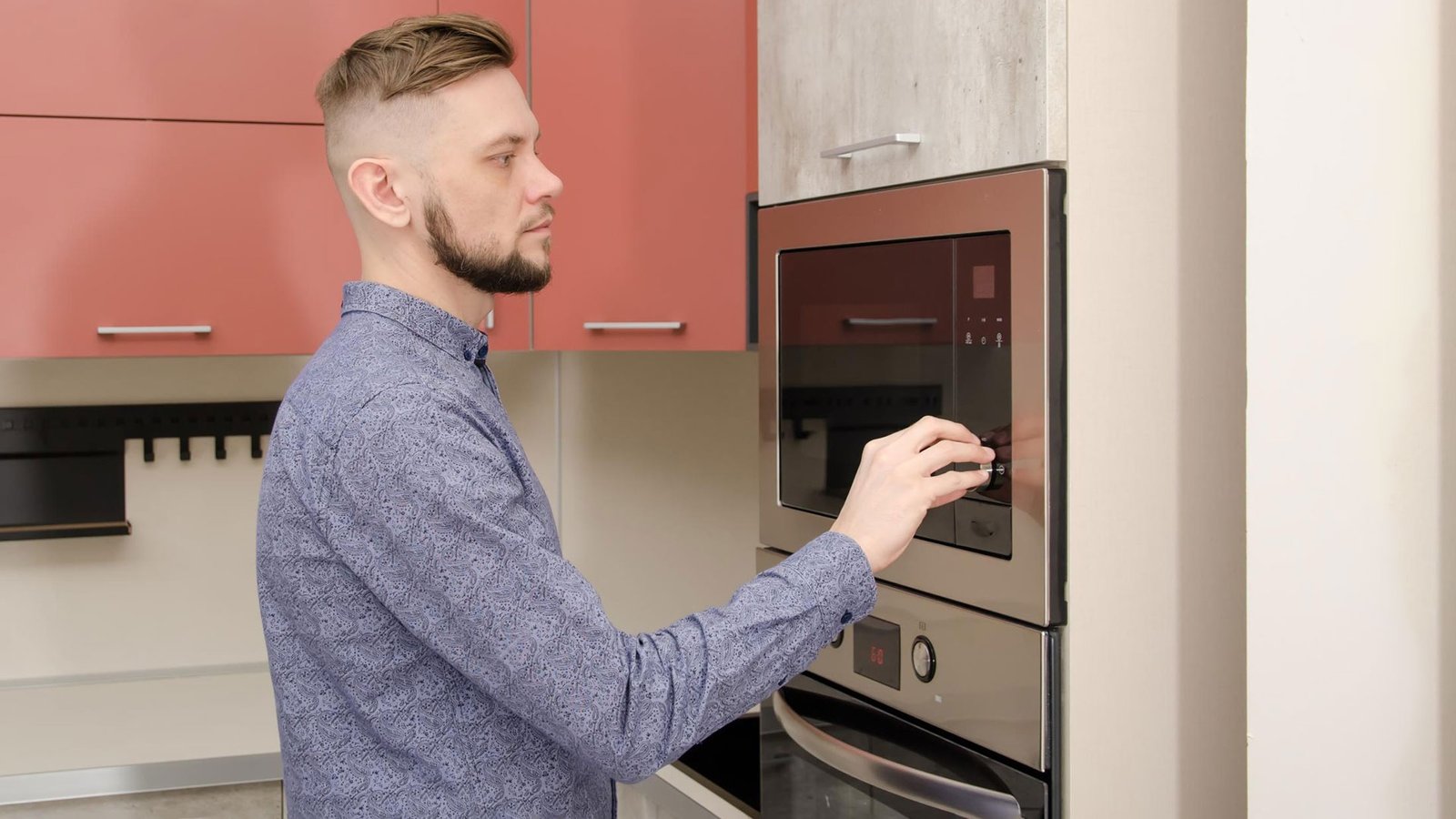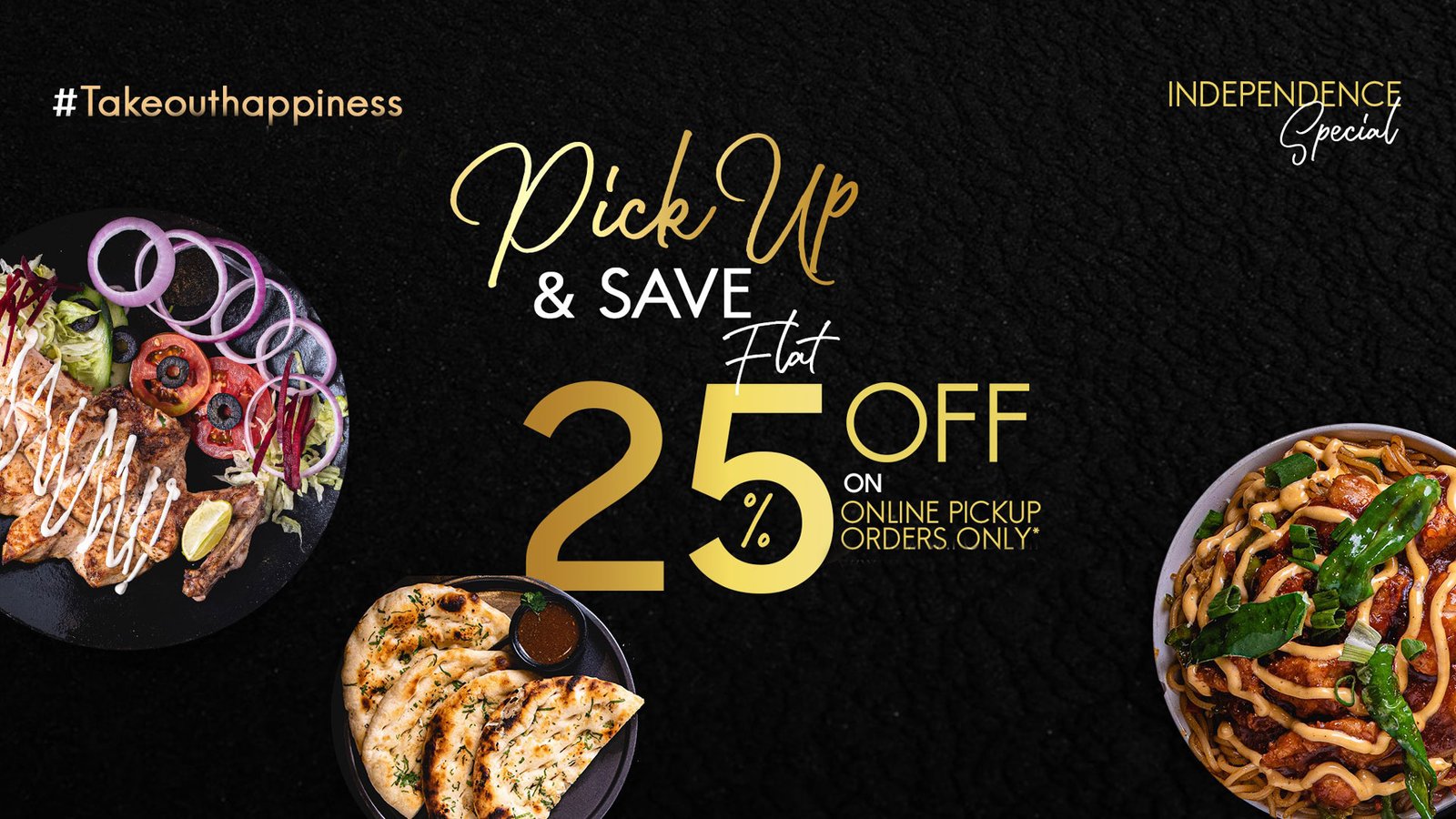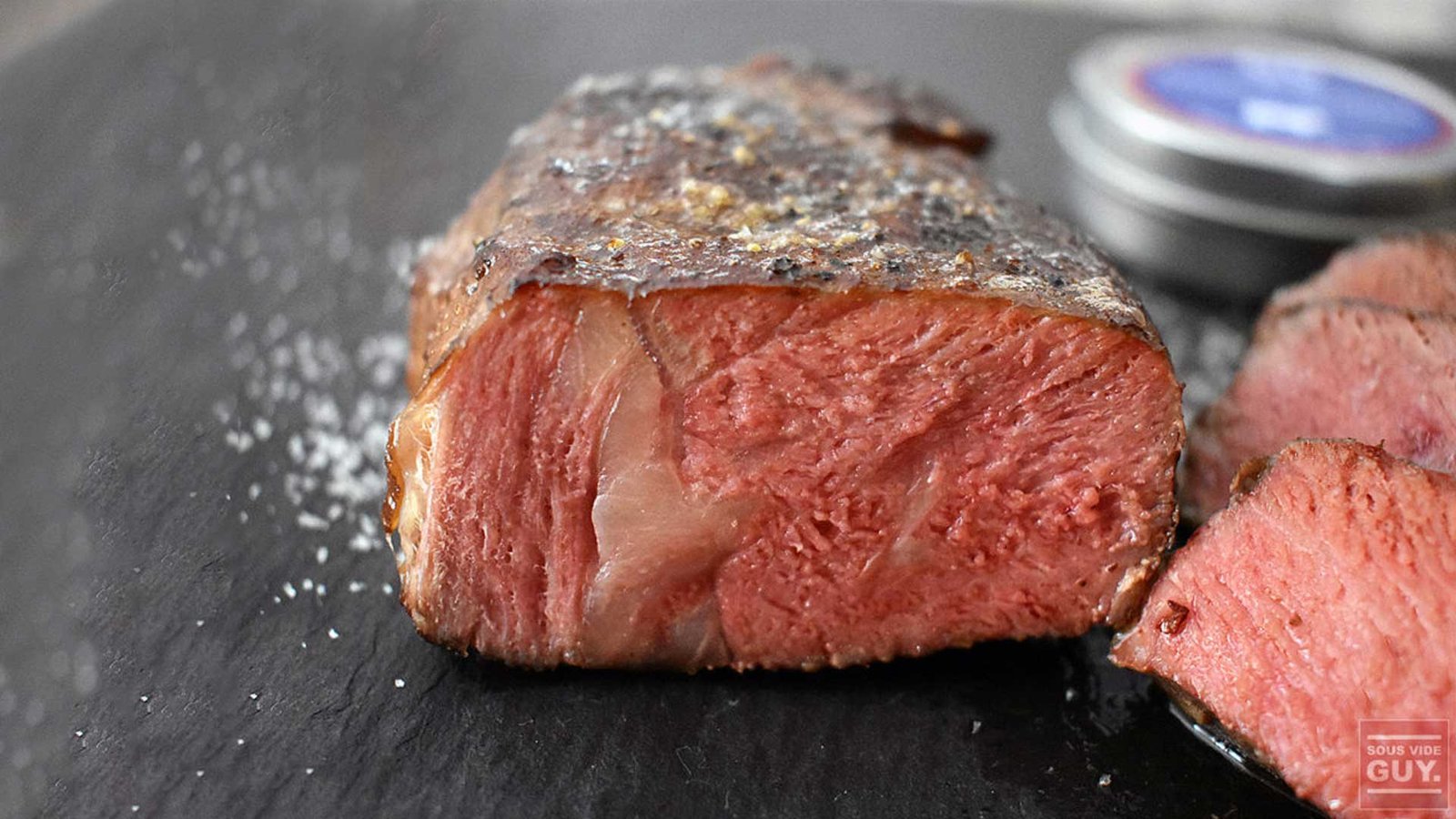I dislike the term “hate” and strive to avoid using it. It irritates me the most when it is applied to any kind of food or preparation. Do you hate asparagus? Or are you just complaining about something you haven’t taken the time to appreciate? That’s exactly what I was thinking. My view is that most individuals who claim to despise cooking are just creating reasons to avoid doing it. Why would somebody despise cooking so much? What effect did cooking have on you? Cooking is a beautiful talent to have, which is the sad part. It can contribute to improved health, bring you closer to friends and family, and be a terrific creative release for stress, in addition to saving you time and money on food. You don’t have to like cooking to benefit from it, but understanding the fundamentals and feeling confident in the kitchen may open up a world of possibilities for bettering your quality of life. However, you are free to despise it if you so want. For the cautiously interested, here are some of the roadblocks that may be keeping you from overcoming your pessimism, as well as what you may do to overcome them.
You’re terrible at it
The first step is to recognize the difference between not enjoying cooking and not liking to be a terrible chef. There is a significant difference. I didn’t like being a lousy chef either, but there is a simple solution: learn to cook. It’s a lot simpler than you would imagine. I understand you’re busy, but you’re slow. We all have more important things to accomplish than labor over one bad dinner. However, if you aren’t used to cooking, the planning, purchasing, chopping, cooking, and cleaning that goes into preparing a meal might seem like an eternity. This is due to the fact that it does. I can usually tell whether someone is new to the kitchen by how long it takes them to chop an onion (seriously, it takes like 20 seconds max). The good news is that with a little skill and some excellent knives (see point 3), you can drastically reduce the amount of time you spend preparing dinner.
You have a set of shoddy knives
Knives in the kitchen are an exception to my usual rule of not spending money to address issues. Spending $50 on a halfway competent chef’s knife will help you gain confidence and efficiency in the kitchen. And you’re surely well aware of how inspiring a shiny new gadget can be.
You choose difficult recipes
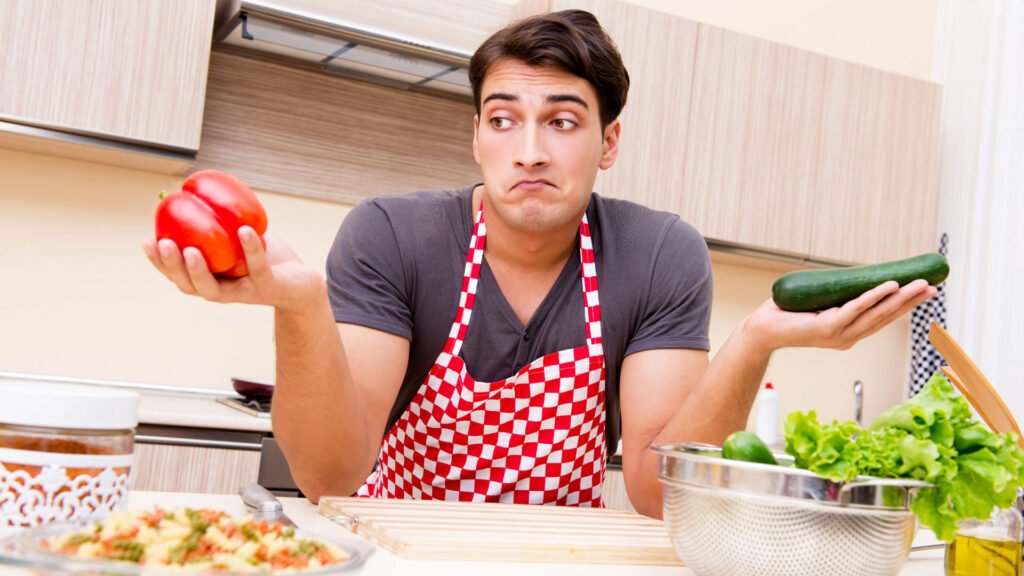
Some of the most delicious dinners I’ve ever had have less than five ingredients. Cassoulet isn’t the first thing that comes to mind if you’ve never cooked before. Rather than looking for a recipe and choosing to prepare it, start with a seasonal item you know you’ll appreciate. It’s difficult to go wrong with kale and garlic. Before you leap from a cliff, learn to fly.
You choose items that are out of season
People dislike (fill in the vegetable) because they’ve only ever eaten it from corporate farms that produce things out of season. To enjoy these impostors, you’d have to be a masochist, I agree. Your pals are farmers’ markets and specialized vegetable booths. Ingredients that are in season are much superior to those that are brought from the other hemisphere. Your food doesn’t have to be 100 percent local, but at the very least, choose items that grow in the same season as you. This alone has the potential to drastically transform your culinary experience.
Your pantry is insufficient
Flipping through a recipe book or browsing a food blog and realizing you’ll need to make one or more supermarket trips to cooking any meal because you’re missing olive oil, salt, pepper, red wine vinegar, or red chili flakes is a genuine pain. Check out my free How to Get Started Eating Healthy guide for an overview of what should be in a basic pantry.
Everything is cooked to death by you
Just because your mother cooked broccoli until it was dark gray and suitable for baby consumption doesn’t imply that’s how food should be served. When veggies aren’t burnt, they cook quicker and taste better. When the veggies in the pan develop a brilliant green color, you know the cooking is almost done.
You only prepare meals for huge gatherings of people
Your first culinary ventures should not be large-scale affairs. Begin by committing to host a meal or bring food to a potluck of 30 people, and don’t take on more than you can do. Begin by offering to assist in the kitchen with someone who is experienced. Make yourself a side dish or a quick one-pot supper. You want your initial encounters to go successfully so that you may increase your abilities and confidence.
You only prepare meals on important occasions
The extra pressure in the kitchen is unnecessary for new chefs. If you’re still learning the ropes on the grill, you may want to put off hosting Thanksgiving dinner or Mother’s Day brunch. It’s tough enough to plan a huge supper; you don’t need the extra burden of potentially sabotaging a family trip—volunteer to cook the salad or biscuits if you wish to help. Begin your real-life cooking experiences in the comfort of your own home.
You don’t ask for assistance
If you’re brand new to cooking, accept that you’ll be sluggish and lack the fundamental abilities and instincts of a seasoned chef. You’ll get there eventually, but in the meanwhile, make your cooking experience as enjoyable as possible by allowing others to offer their knowledge and knife skills when you’re ready to cook. It’s also helpful to have a second set of hands to help with cleaning.

